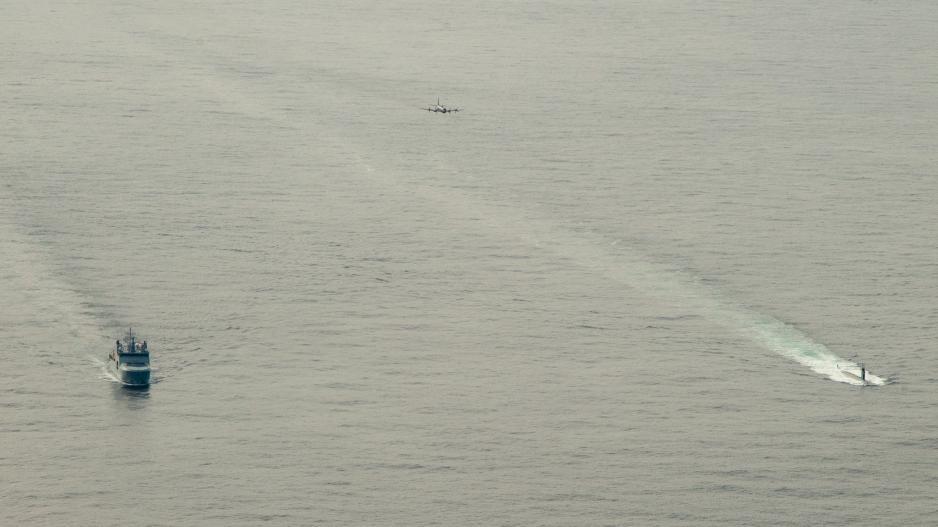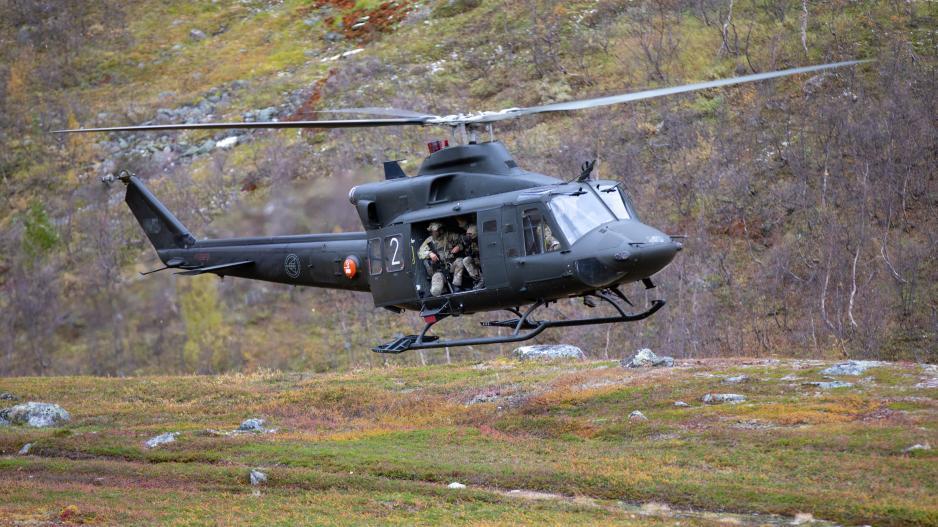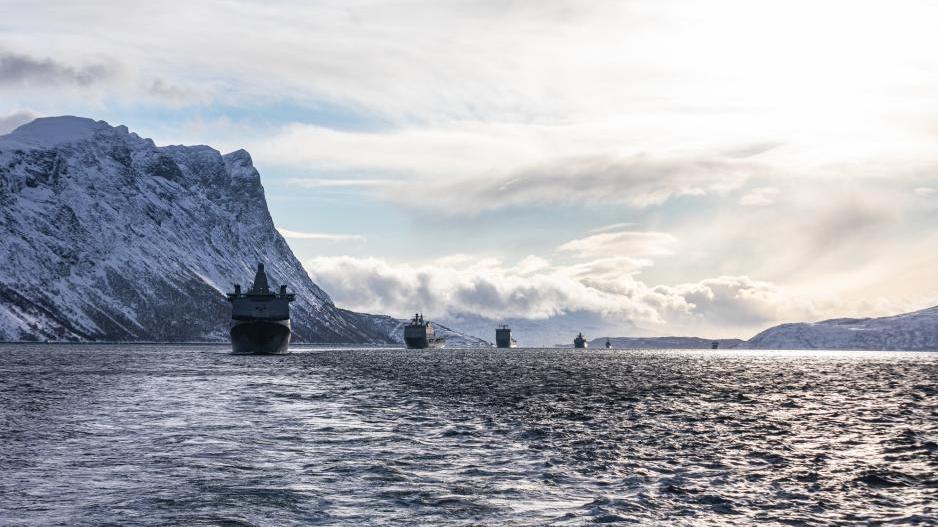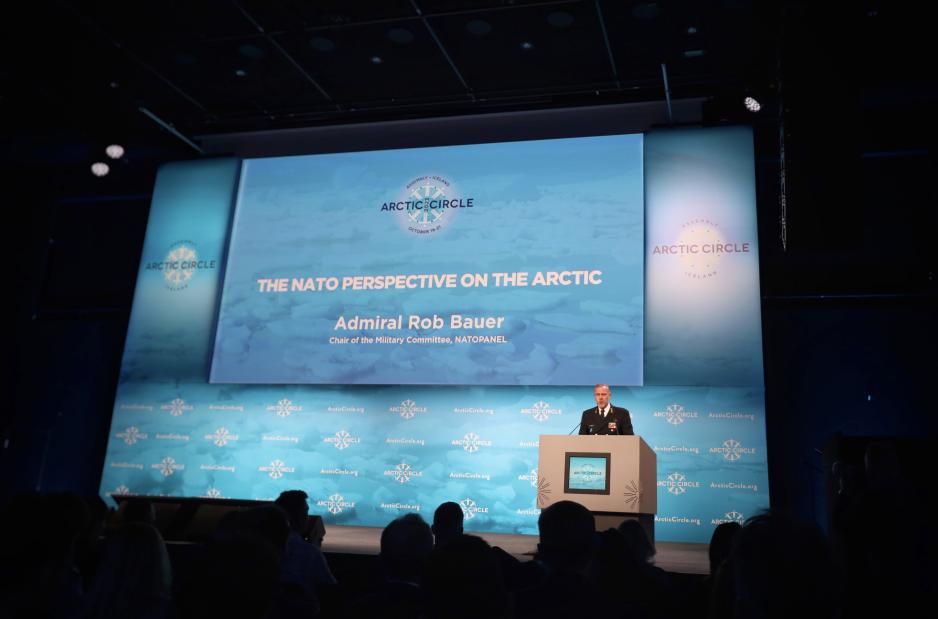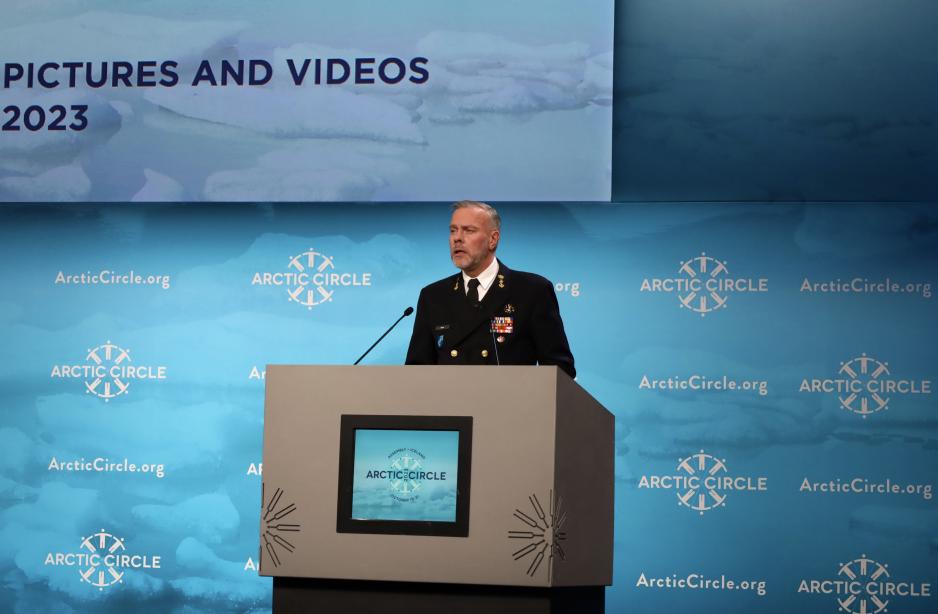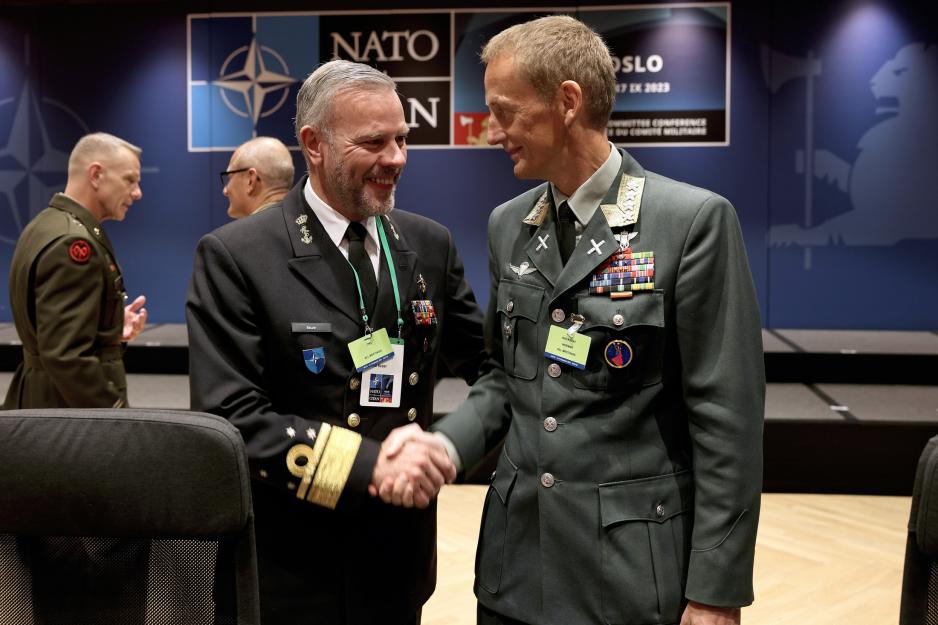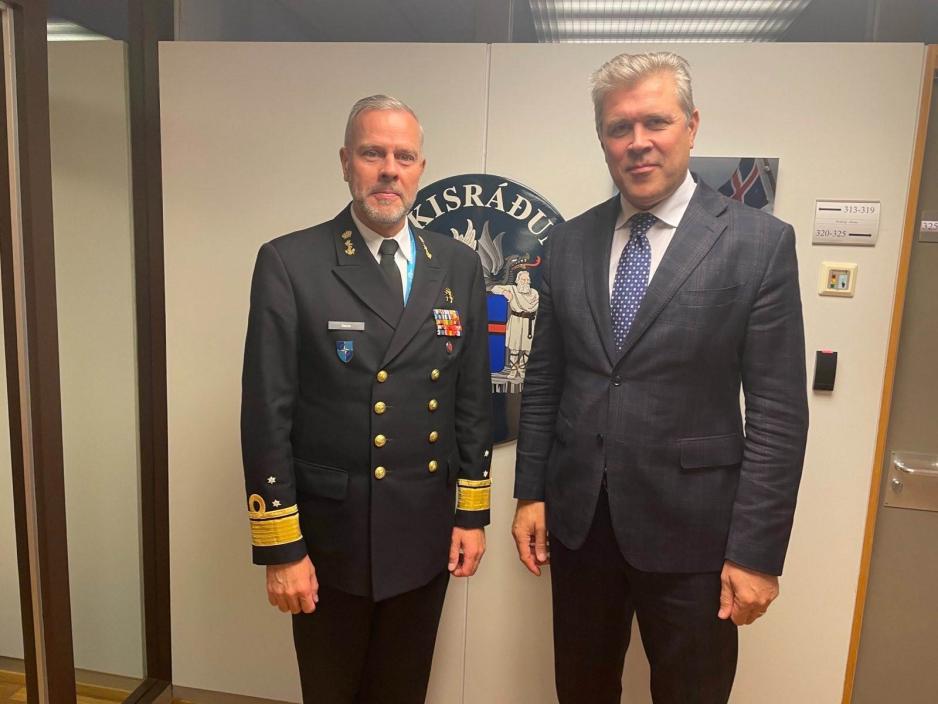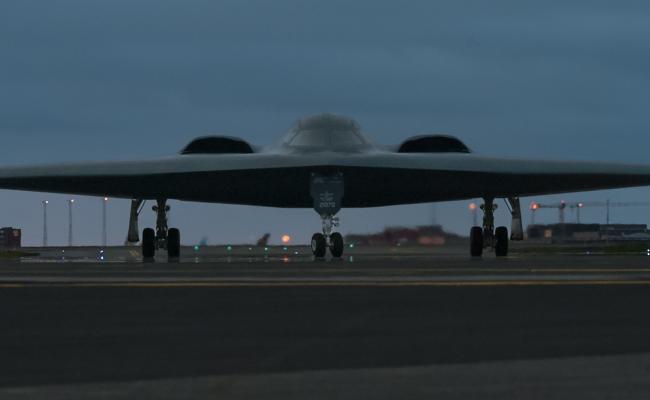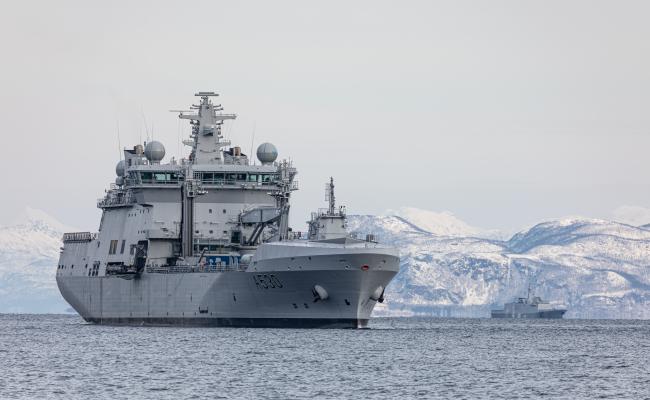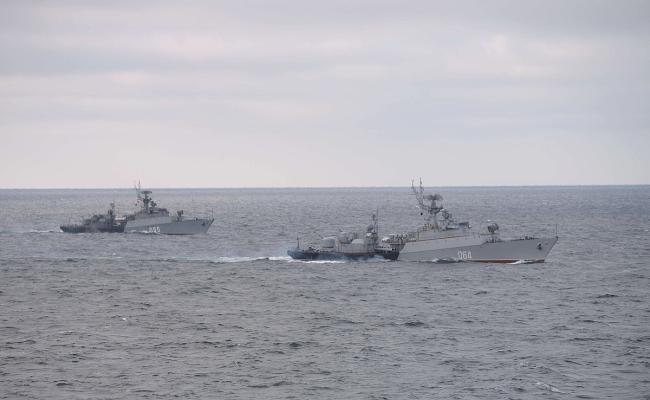Subsea infrastructure
The alliance is also focused on the protection of cables and pipelines in Northern waters.
"As the gateway to the Arctic, the North Atlantic is also an arena for vital trade and communications links between North America and Europe. 1,3 million kilometers of subsea cables allows for daily financial transactions of about USD 10 trillion," notes Bauer and continues:
"After the sabotage against the Nord Stream pipelines and the recent damage to the Finnish-Estonian pipeline, we have further increased our vigilance. NATO has doubled the number of ships that patrol the North Sea and the Baltic Sea and stepped up the sharing of intelligence."
"The NATO countries have also agreed on establishing an undersea infrastructure coordination cell to map vulnerabilities, and coordinate efforts between allies, partners, and private sector – as well as a specialized center for securing critical subsea infrastructure under NATO's maritime command."
The Nordic region in NATO
Furthermore, Bauer highlights Norway, Finland, and Denmark's increase in defense budgets – and investments in new capabilities such as fighter jets and ships for strengthened patrolling of air and sea space also in the Arctic, particularly on the lookout for non-allied submarines."
The admiral also emphasizes stronger Nordic defense cooperation.
"Our Nordic allies are also working on closer coordination of their defenses. Norway, Sweden, Finland, and Denmark have agreed on operating their about 250 fighter jets as a joint operative air fleet, as well as contributing to Iceland Air Policing. Deepened collaboration between the Nordic nations will strengthen the focus on shared objectives and maximize the potential which lies in joint defense planning for the region."
In June, Iceland hosted a ministerial meeting for the Nordic defense cooperation NORDEFCO – with emphasis on the development of a new ambitious vision for the collaboration.
